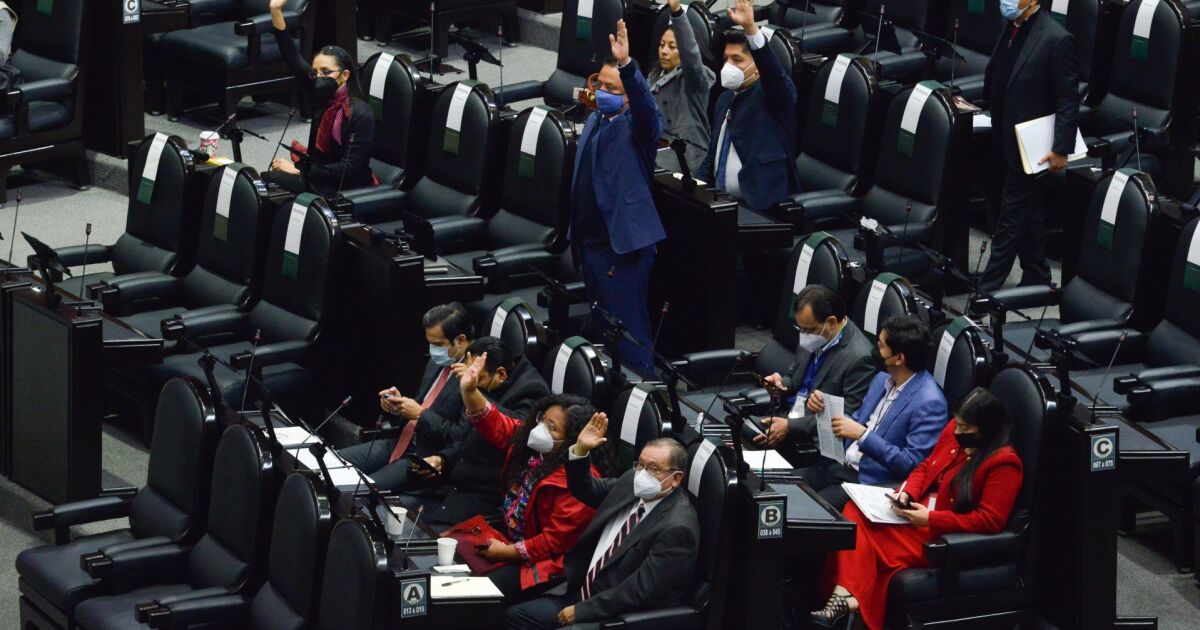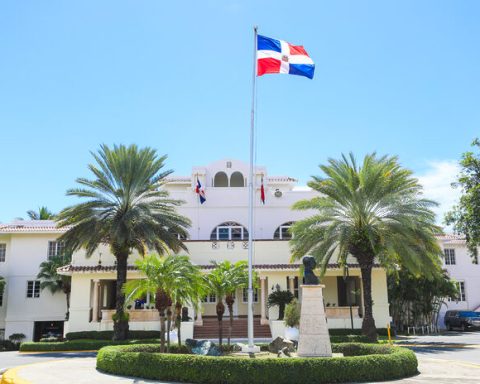What does article 134 say?
And it is that article 134 of the Constitution establishes that: “The propaganda, under any form of social communication, which is disseminated as such, by public powers, autonomous bodies, dependencies and entities of the public administration and any other entity of the three orders of government, must be institutional in nature and for informational, educational or social orientation purposes.
“In no case will this propaganda include names, images, voices or symbols that imply personalized promotion of any public servant.”
In his turn, Judge José Luis Vargas Valdez commented that the current communication model no longer obeys what was designed in the 2006 electoral reform.
“Let us not lose sight of the fact that, and I say this with all due respect in this parliamentary seat, that there is an omission here and this omission belongs to the legislator precisely for not having regulated, not having regulated or issued the regulatory law of the constitutional 134, which was The purpose, the purpose is that it be taxed there, in an exhaustive manner, specifically what the Mexican political system wants to be prohibited and allowed to be allowed,” he commented.
This, Vargas Valdez clarified, “would have generated a much greater orientation both to the administrative authority (INE) and to the jurisdictional authority (TEPJF, in such a way that what today is evidently becoming a strong and strong criticism of starting from the fact that we have no greater element than the specific case and our precedents as we have been acting”.
















